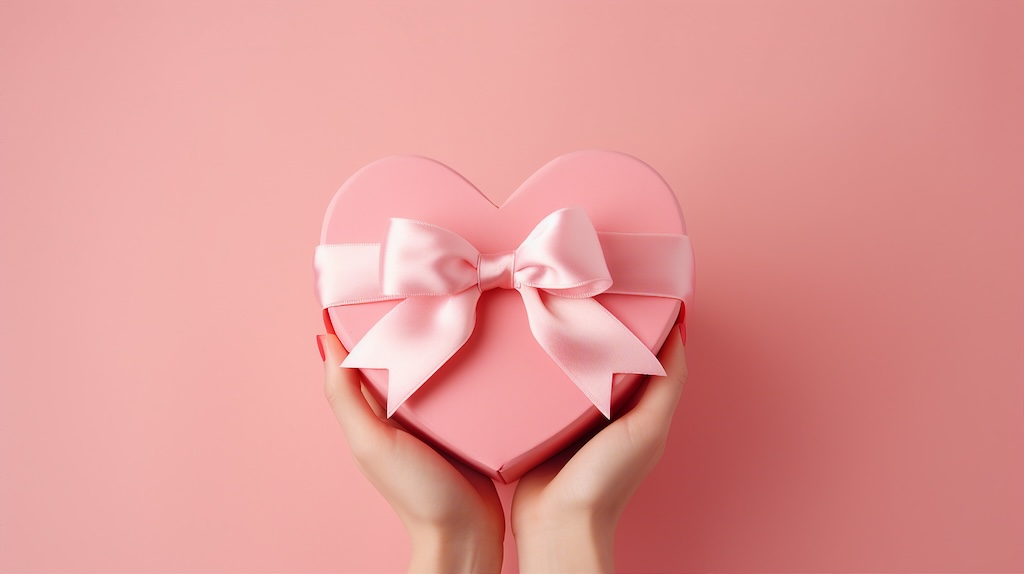British traditions
In every country there are a lot of holidays and festivals. In GB they are called bank holidays because the banks are closed. The most important of them are Christmas Day and New Year’s Day, Good Friday and Easter Monday.
Christmas in GB is marked by fairy lights and illuminated streets, carols and children awaiting the arrival of Father Christmas and his reindeer stopping outside their chimney. They hang up their stockings at the foot of beds and wait for the presents. They open them only on the 25th December at breakfast time. At noon they have their traditional Christmas dinner – roast turkey and Christmas pudding. December 26 is called Boxing Day. That day parents go with their children to watch pantomimes.
New Year’s Eve is the night of merry-making all over the land, especially in Scotland. They have family parties and before midnight people gather in squares, link arms and at twelve o’clock they sing „Auld land syne“. In Scotland they call the last day of the year Hogmanay and believe that the first visitor on New Year’s Day brings good luck. They give each other a piece of coal and wish their chimney to smoke for a long time.
Easter is celebrated as in the rest of Europe. It is an ancient symbol of spring and new life, when Christians remember Christ’s death and his return to life.
There are other bank holidays in GB as well: the first and last Monday in May and the last Monday in August. In Northern Ireland there are two special days – St. Patrick’s Day and Orengeman´s Day.
St. Valentines Day – a lovers´ feast
May Day – celebrating fertility with dancing around Maypoles
Midsummer’s Day – various celebrations, esp. a sunrise ceremony at Stonehenge
Queen’s official birthday – in June
Guy Fawkes Night – to remember the unsuccessful plot to blow up the Houses of Parliament with bonfires, fireworks and burning of „guys“
Halloween – the Eve of All Saint’s Day – a night of traditional fun and games
Remembrance Day – to remember those who were killed in the two world wars





